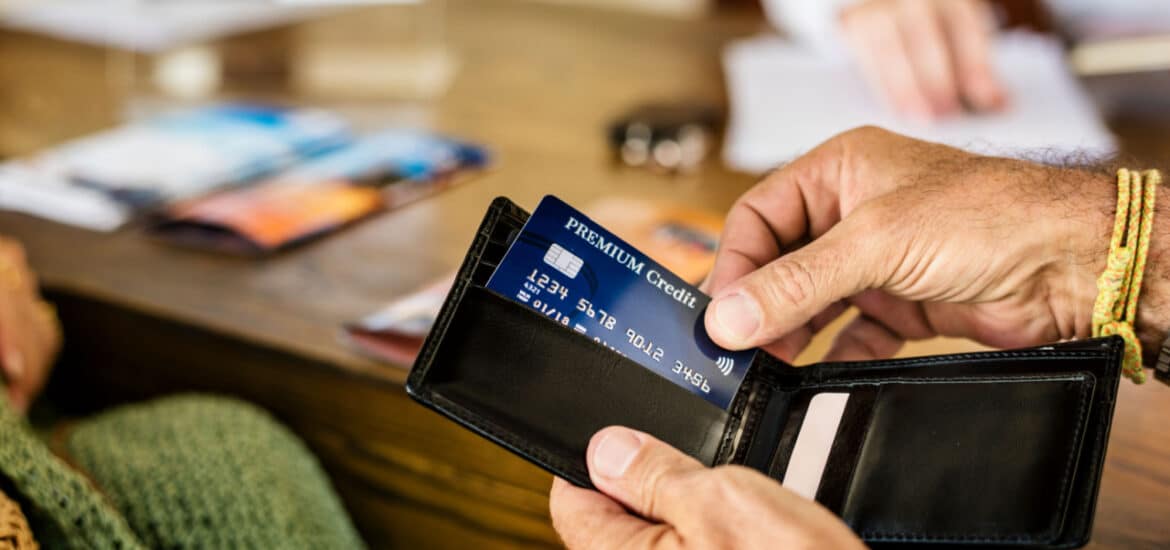Having credit cards is a tremendous convenience when making purchases and paying bills. They’re also an excellent method of establishing and building credit. Despite these benefits, credit cards do come with their share of pitfalls. Some of the most common errors, no matter how small they seem, can lead to costly mistakes if you’re not cautious.
1. Making Late Payments
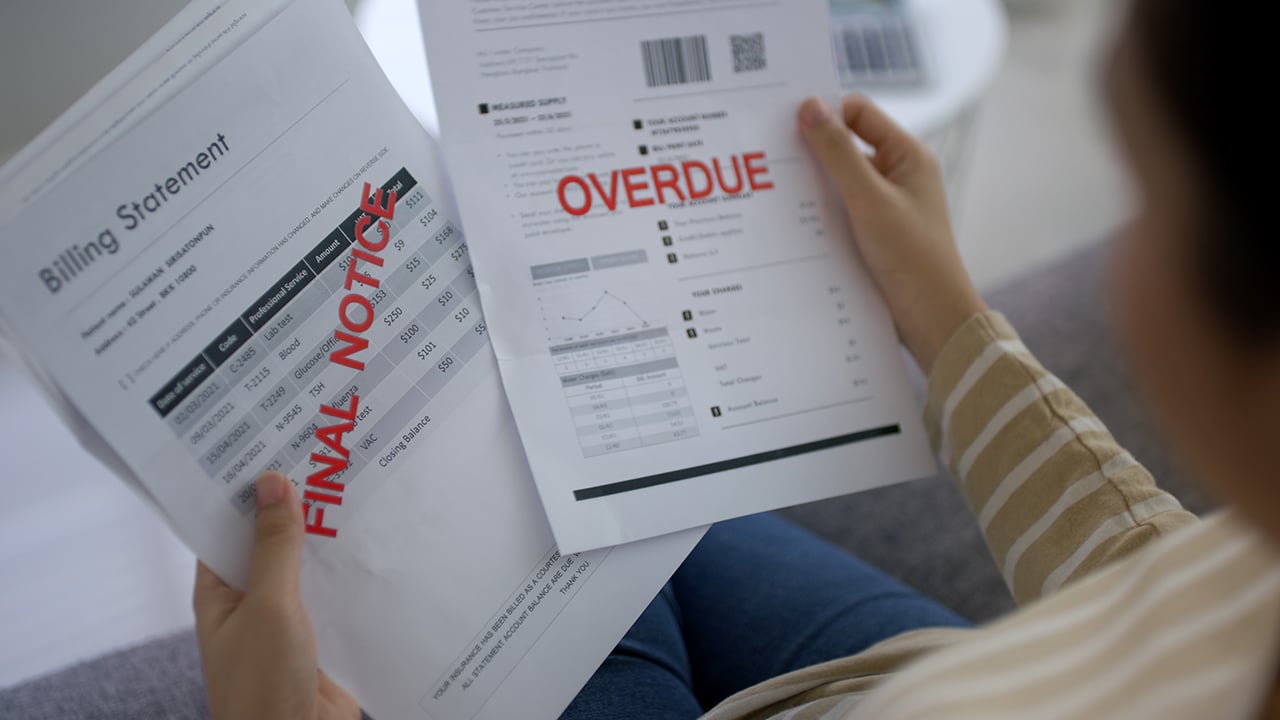
Your credit card statements specify the payment due date. Making payments after the due date means it’s late, and the creditor can charge a late penalty to the balance. The easiest way to avoid late payment fees is to pay your bill on or, preferably, before the due date. This keeps your account in good standing with the credit card company and protects your credit rating.
2. Making Minimum Payments
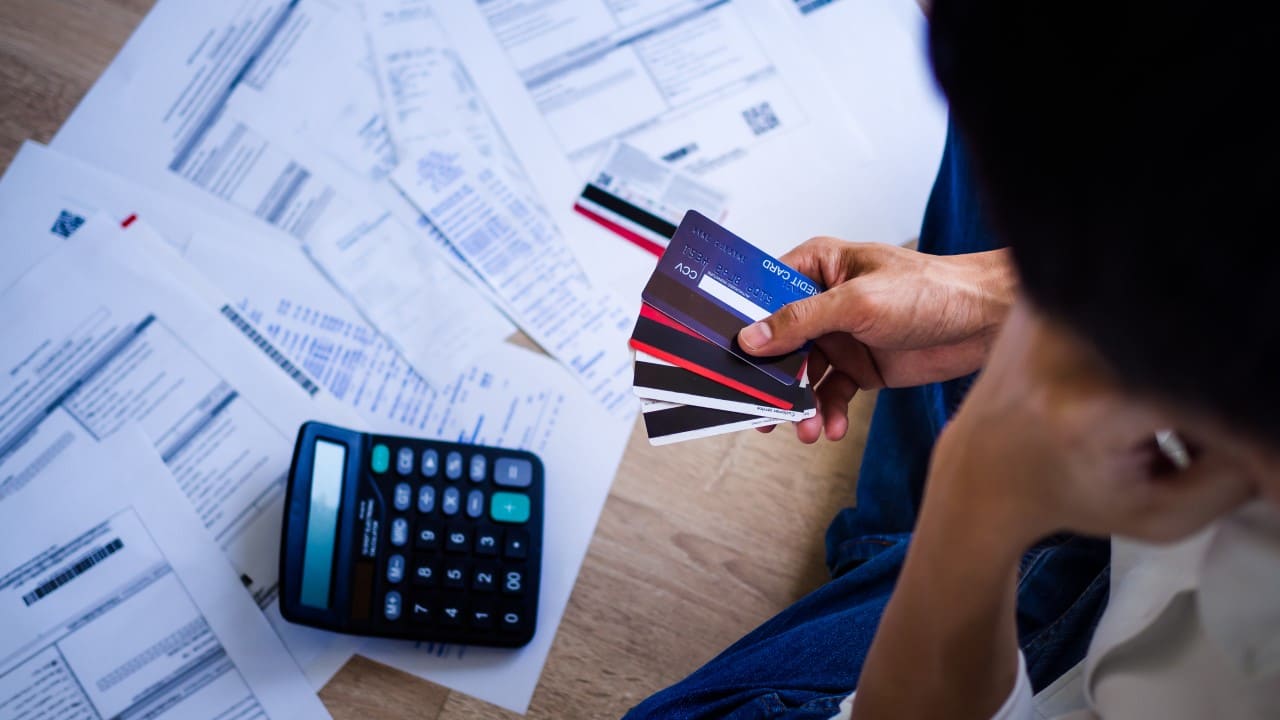
Making only the minimum required payment on time each month will keep your credit in good standing with the credit card company, but it’ll also keep you indebted to them for a much longer time. Interest accrues on the outstanding balance, so you owe far more than you initially spent. If you cannot pay your balance in full, try to pay more than the minimum due.
3. Maxing Out Your Credit Card
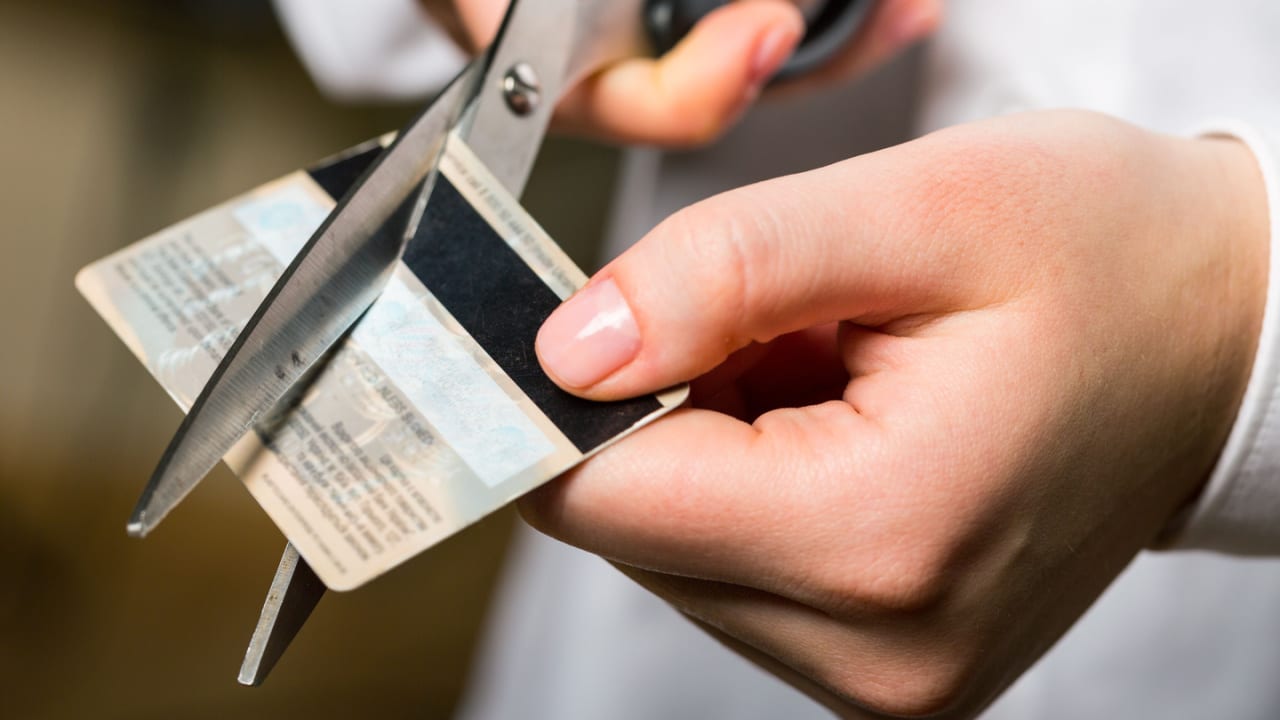
Most credit cards have an assigned credit limit or the maximum amount of credit they can use. It’s very tempting to charge a card up to the limit and make small installment payments, but using too much of your available credit can hurt your credit score. Plus, it’s good to keep some credit available in the event of an emergency or urgent expense.
4. Too Many Credit Card Applications
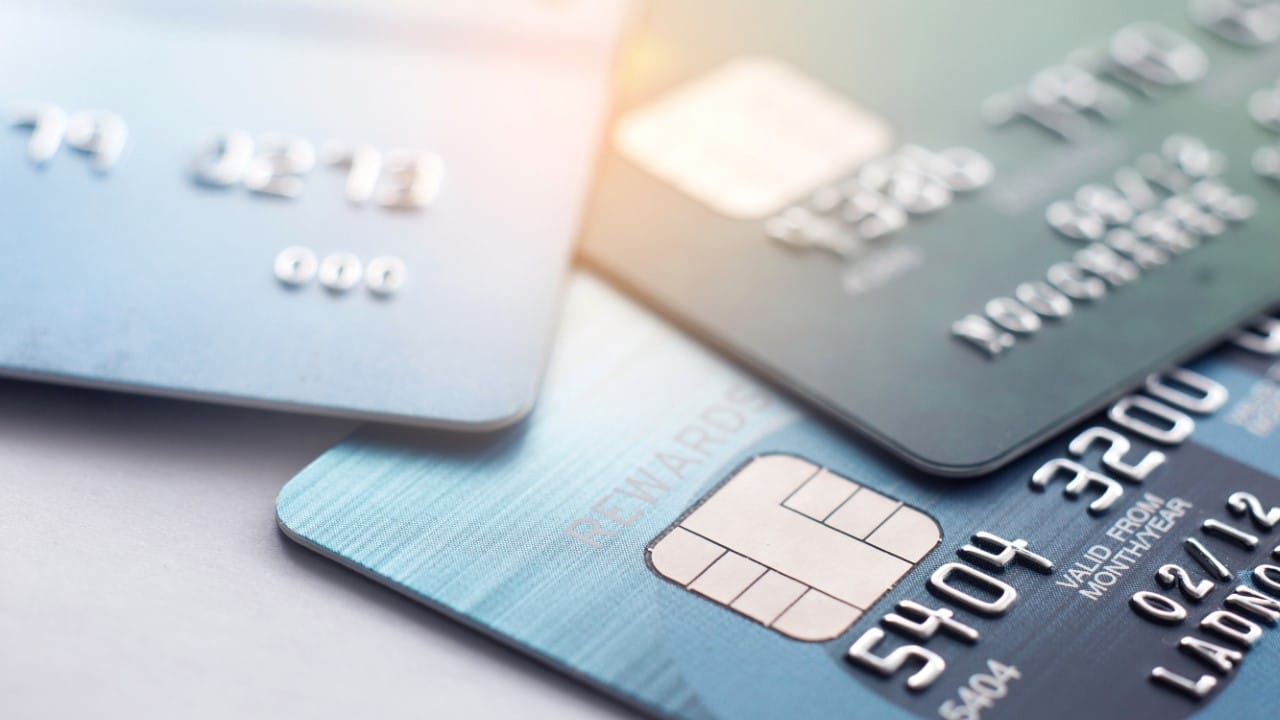
There’s no limit on how many credit card applications you can submit, but applying for multiple cards could cause your credit score to experience a slight drop with each inquiry, according to WalletHub. Try spreading out your applications for new credit over several months to keep the impact on your credit scores at a minimum.
5. Keeping a Balance
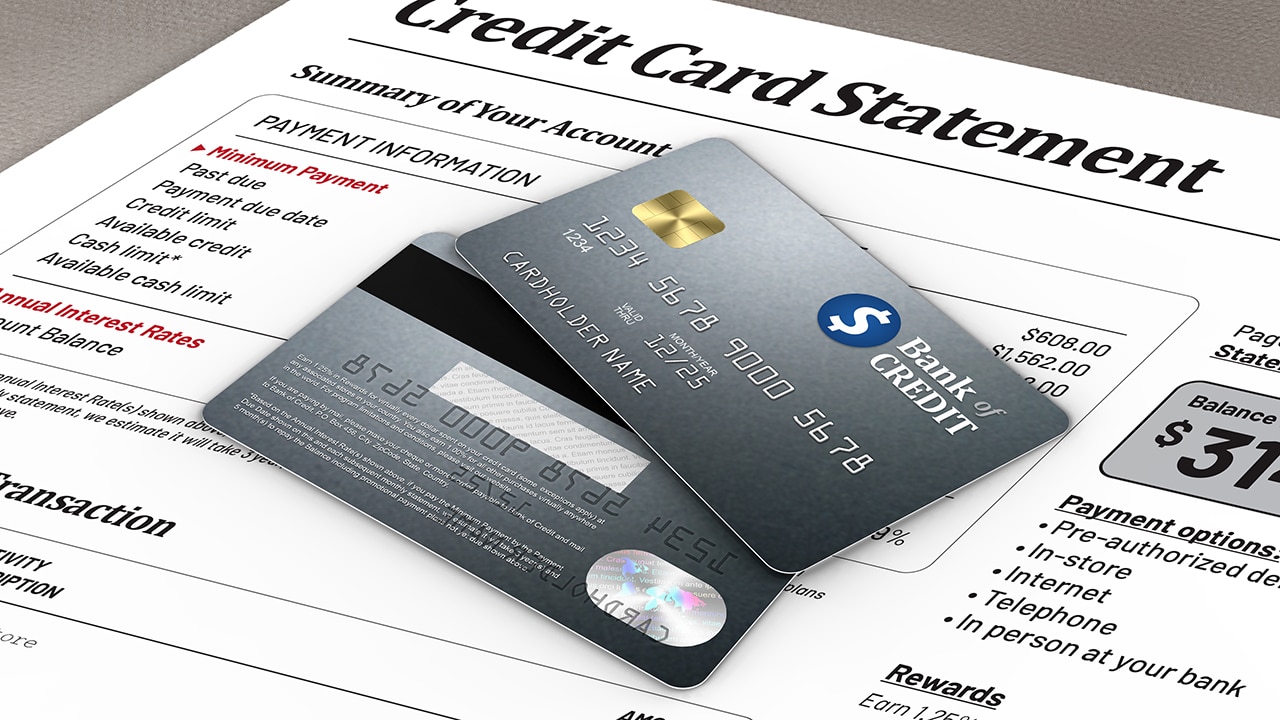
Maintaining a monthly credit card balance to demonstrate to creditors that you can make monthly payments promptly means paying more interest. The best approach is to pay off your balance quickly and maintain a zero balance. You will not be penalized by the credit card companies for paying your credit card balance in full each month.
6. Cash Advances
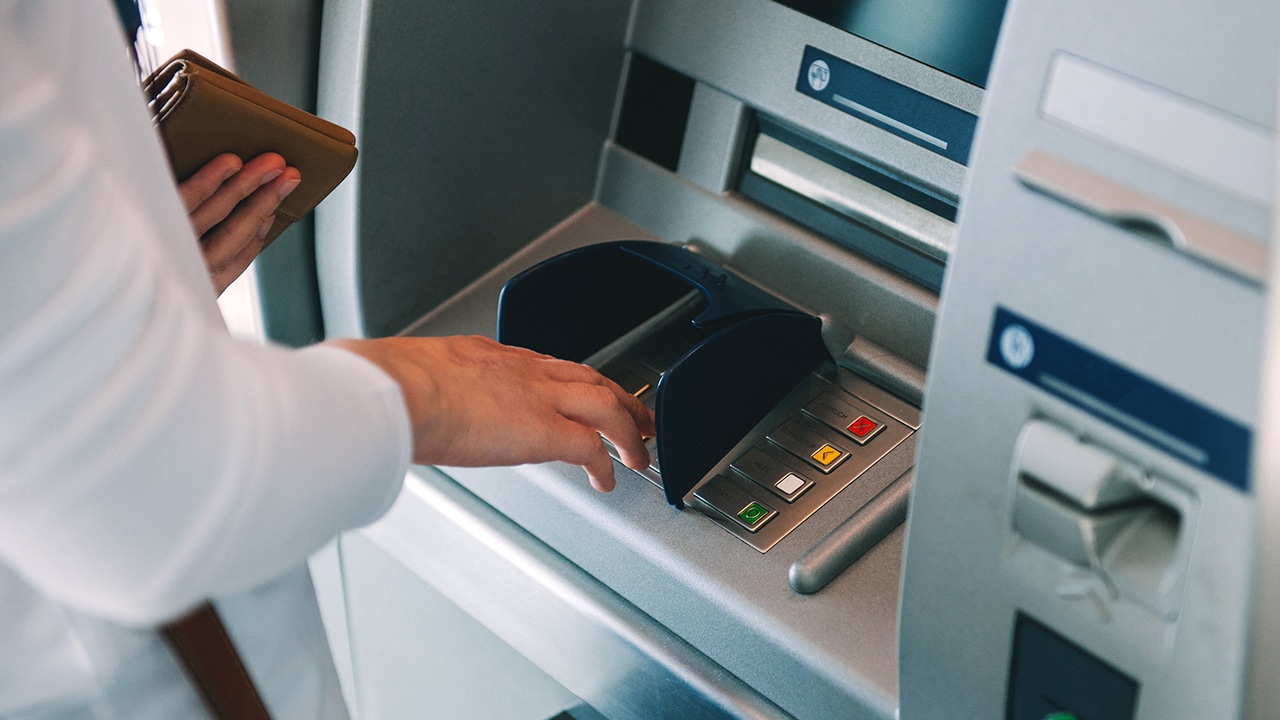
Taking out a cash advance is an easy way to access funds to tie you over until your next payday, but you’ll pay a lot more on the back end with higher interest rates and cash advance fees. If you can, avoid credit card cash advances unless you absolutely need it. Pay it off as quickly as possible if you need to take out a cash advance.
7. Excessive Spending

Having a credit card, especially one with a higher maximum limit, makes it tempting to splurge and buy expensive and big-ticket items. But if you’re spending more than you can afford to pay, that’s a pathway towards getting in over your head, debt-wise. Don’t justify unnecessary purchases by thinking you only pay a small amount each month. Those monthly payments add up to much more than the ticket price/
8. Maintaining Store Credit Card Balances

Store credit cards usually charge higher annual percentage rates (APRs) than major credit cards, writes WalletHub. Therefore, carrying a balance from month to month means paying more interest over time. Paying store cards off as quickly as possible saves you money. Why give the credit card company more money than you have to?
9. Leaving the Tip Field Blank

Don’t leave the tip field blank when paying for a restaurant check with a credit card. Doing so means someone could fraudulently write and claim an amount for themselves. WalletHub suggests filling in the tip field, even if it’s with the number zero. This may seem like a small step, but it can protect you from fraud and save you the hassle of replacing your card if it’s compromised.
10. Using Credit Cards On Unsecured Sites
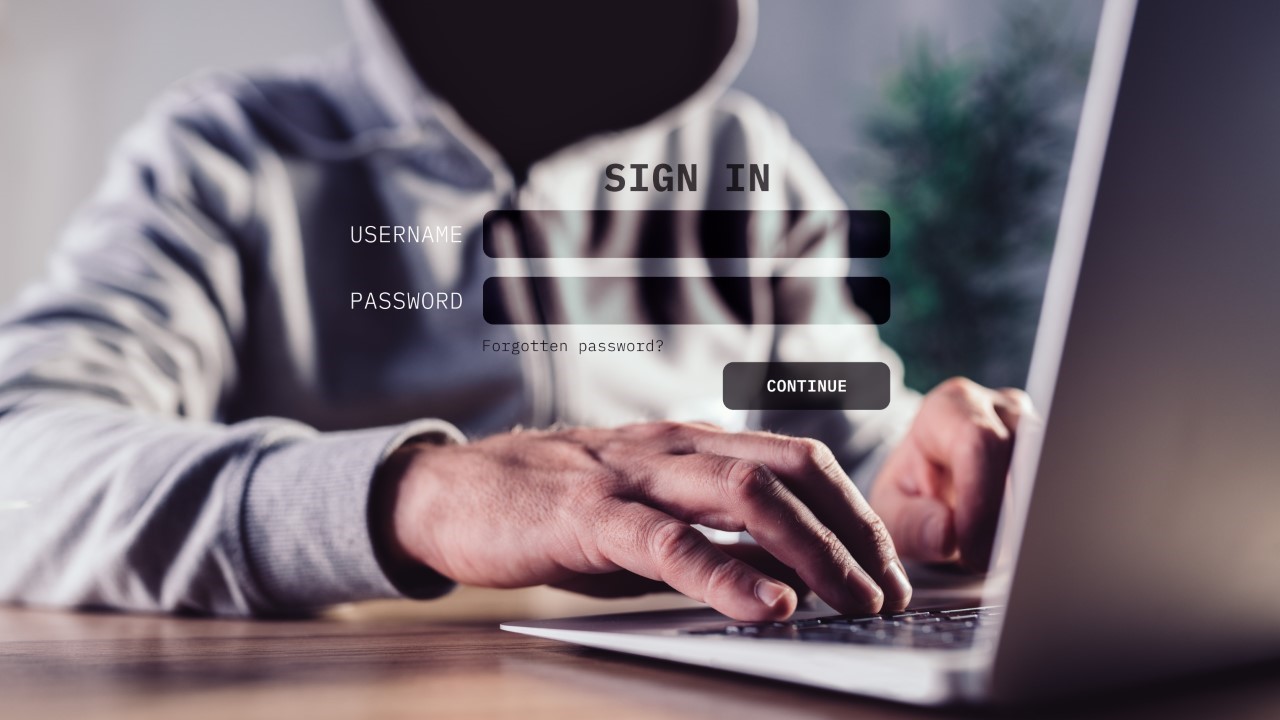
E-commerce is a convenient way to shop with a credit card, but you must be careful which sites you use when transmitting your sensitive card data, warns WalletHub. Websites starting with “https” are secured and are safer than “http” sites. The site advises that you never send your credit card information in text messages or emails since you don’t know who can access your information.
11. Not Reviewing Credit Card Statements
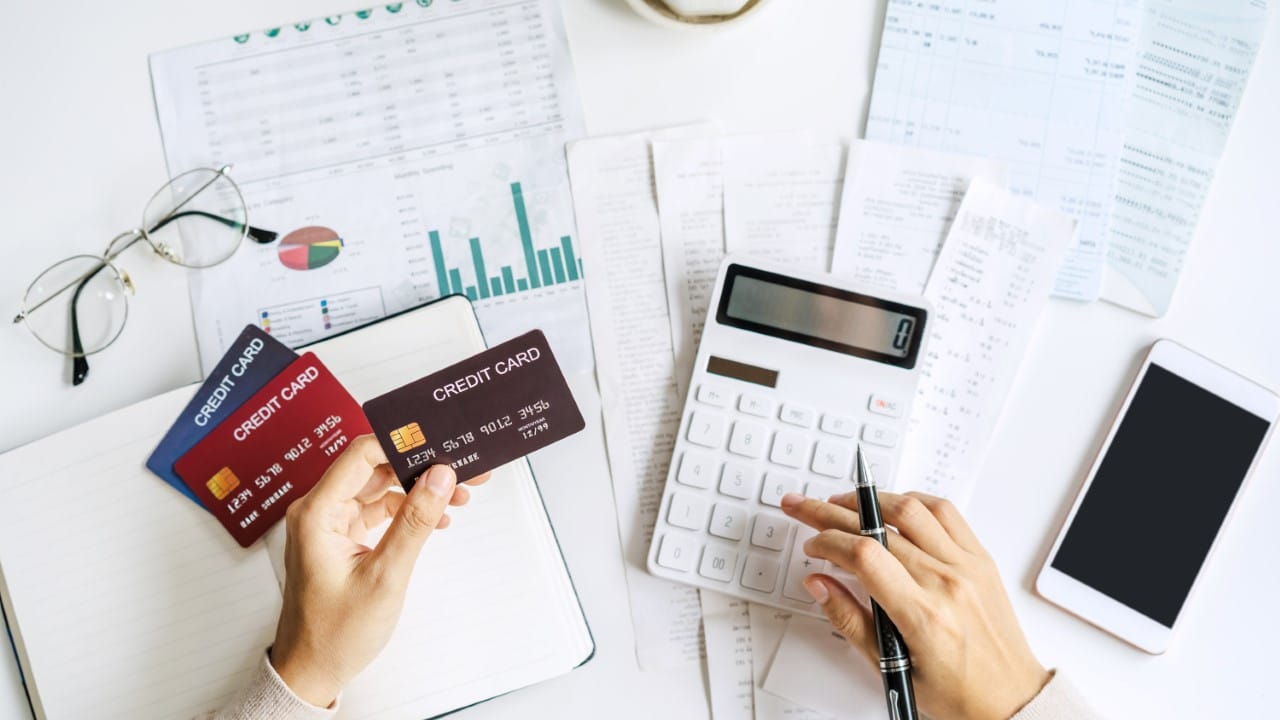
Assuming that your credit card statements are always accurate is a common but easily avoidable mistake. Reviewing your monthly statements verifies that no fraudulent charges are on your account. Your monthly statements also remind you of your payment due date, balance, interest charged, and minimum monthly payment due.
12. Failing to Read the Card Agreement

Credit card agreements are printed in small font on multiple pages. It’s understandable why you don’t take the time to read them when you’re activating your brand-new card. Still, it’s important to know the credit card’s terms of use, interest, fees, and payment cycles. The more informed you are, the better you’re equipped to manage your credit accounts.
13. Not Checking Rates and Perks
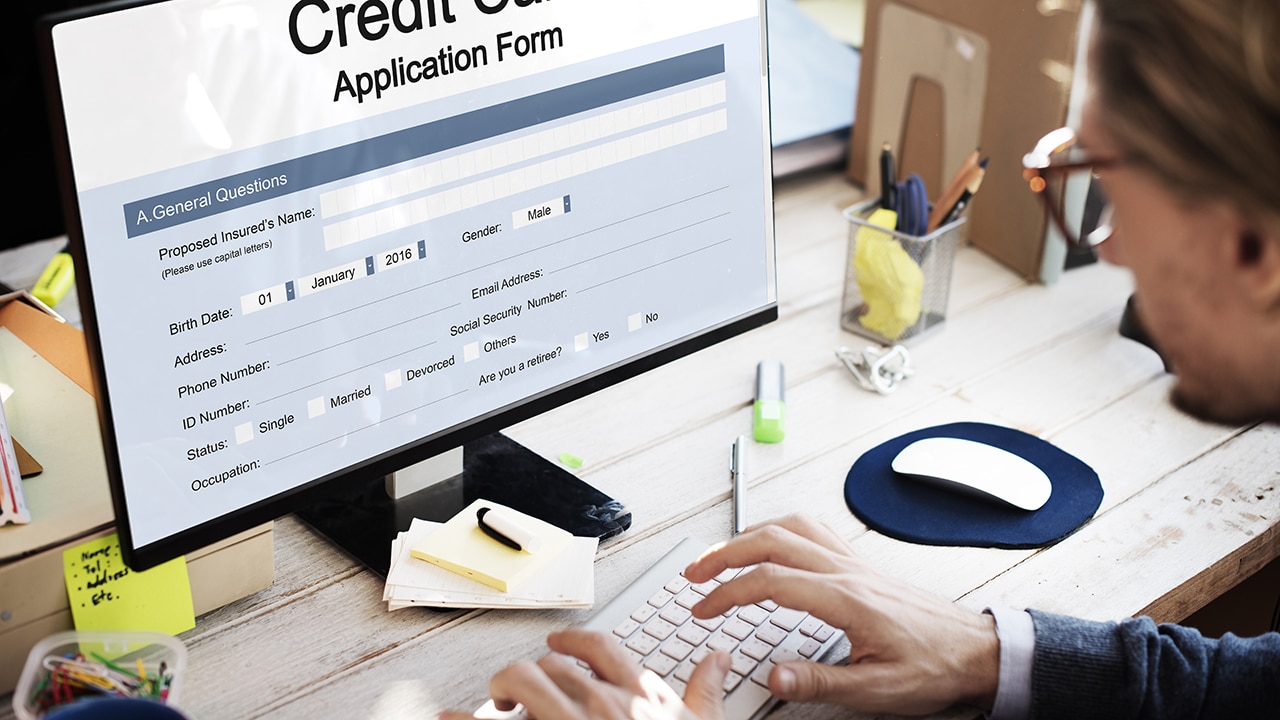
Not comparing interest rates and perks before applying for a credit card is another mistake that can cause you to lose out. Numerous credit cards offer introductory zero percent APRs and perks such as airline miles, cash back, and travel rewards. Comparing cards first means you can choose the card that provides the benefits you’re seeking.
14. Missing Payments

Not making any credit card payments can result in accrued fees and penalties and damage your credit rating for being delinquent. It also makes it more difficult to receive a credit line increase or to negotiate a more favorable APR because your account isn’t in good standing with the credit card company. If you need help making your payments, contact the card issuer to try and work out a more favorable payment arrangement.
15. Paying For Everything With a Credit Card
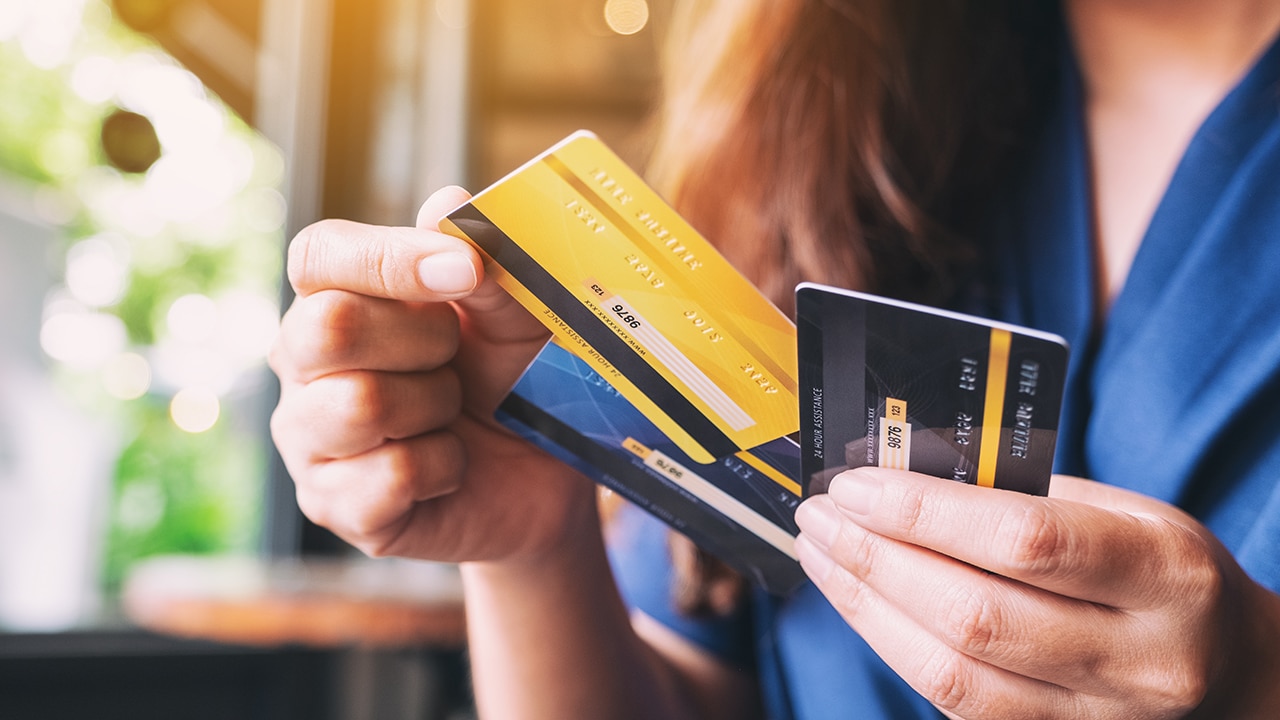
Using a credit card from time to time is fine, but charging every expenditure increases the amount of debt you owe. Unless your purchases are on a zero percent APR card paid in full each month, you will remain in debt until paying it off. Use cash or a debit card to keep your spending within your established budget and to avoid overspending.
Source: WalletHub.
